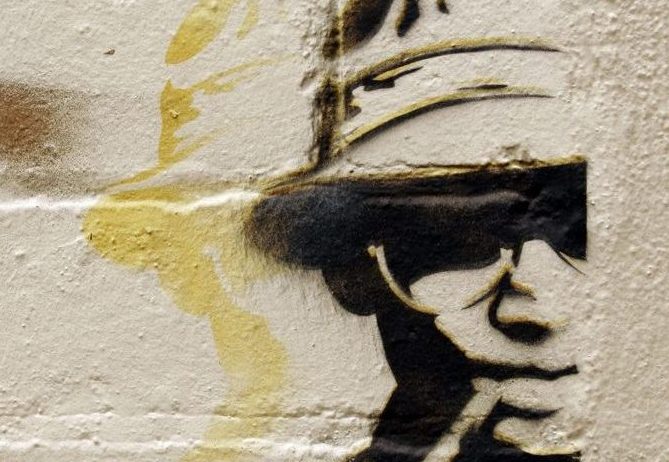Hunter S. Thompson enthralled readers with “Fear and Loathing in Las Vegas” and his invention of gonzo journalism.
It appears that he may have found a new audience almost 12 years after his death.
Thompson’s widow, Anita, is now in charge of his estate and the famous Owl Farm, his former home.
“So I own the house, the property, the logo and Hunter’s likeness,” she said. “And now I can protect it, as I always have, but now I can do it with full ownership.”
The Woody Creek Colorado home will now serve as a writer’s retreat, a museum, and the birthplace of cannabis products bearing Thompson’s name. The author saved six of his favorite strains at Owl Farm. Anita Thompson is now working with growers and cannabis companies to replicate these strains and sell them in recreational dispensaries.
Initially, Anita was reluctant about getting her late husband’s name involved with the marijuana industry. “For 10 years we were always careful to steer the conversation back to Hunter’s work,” she said. “Because it was never guaranteed that Hunter’s work would be appreciated into this generation.”
Having remnants of his personal stash appears to provide the control over Thompson’s legacy that Anita is seeking. “If I put Hunter’s name on somebody else’s strain I can never go back and say, ‘No, this is the authentic one,’” she explained.
Thompson was known for his progressive views on drugs, and his use of recreational substances was well documented in “Fear and Loathing in Las Vegas.” In regards to marijuana, Thompson was public in his support of the plant. “I have always loved marijuana. It has been a source of joy and comfort to me for many years. And I still think of it as a basic staple of life, along with beer and ice and grapefruits – and millions of Americans agree with me,” he once said.
Two of Thompson’s novels have been adapted into feature films. Johnny Depp starred in the film versions of both “Fear and Loathing and Las Vegas” and “The Rum Diary.” This may have helped to calm Anita Thompson’s fears that her husband would not be appreciated by a new generation.
“I was always steering toward his work and away from his lifestyle, but now I feel like I can talk more openly about his lifestyle,” she said. “I’m proud to do it now. Before, it was a little too risky.”











